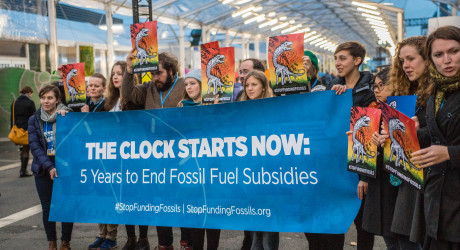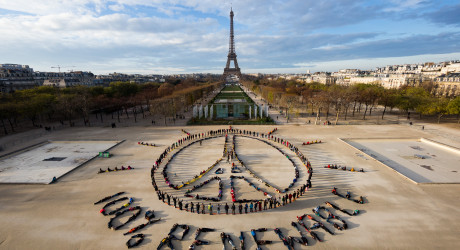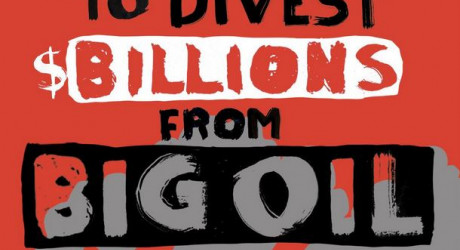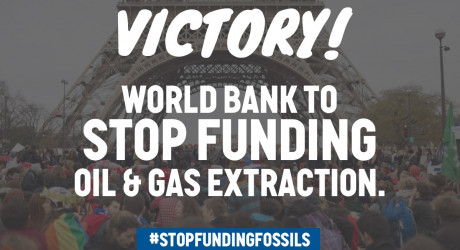PUBLIC FINANCE
Governments are still spending billions subsidizing oil, gas and coal. We need to #StopFundingFossils and start investing in the future.
OVERVIEW OF WORK
Since the Paris Agreement, G20 governments have continued to finance more than USD 77 billion dollars annually in fossil fuels through multilateral development banks (MDBs), bilateral development finance institutions (DFIs), and export credit agencies (ECAs). This is three times the support they provide to clean energy. Beyond providing this direct monetary backing, these institutions reduce perceived risk and provide a government stamp of approval on fossil fuel projects that often serves to crowd in private finance. While recently the level of fossil fuel support has started to drop, institutional policies to exclude fossil fuel finance are needed to ensure this progress continues.
While a number of public finance institutions committed to ending coal finance in the early 2010s, it wasn’t until 2017, following years of campaign pressure by Oil Change and others, that the World Bank made a meaningful commitment to stop financing for upstream oil and gas. Following an intense campaign effort, in 2019 the European Investment Bank committed to ending nearly all oil, gas and coal finance. Recently, the UK announced it would end overseas oil and gas finance, and the EU and US, among others, have signalled that they intend to follow suit. Building off these successes, OCI is now working to secure further commitments from governments and public finance institutions on ending public finance for fossil fuels.
LATEST PROGRAM POSTS
A study published today, by a group led by the International Institute for Applied Systems Analysis (IIASA), indicates that eliminating fossil fuel subsidies could curb global greenhouse gas emissions by as much as 5% through 2030 while saving hundreds of billions of dollars in public money. Despite this seemingly good news, the framing of the study was strangely downbeat, casting these reductions as “only a small effect on CO2 emissions.” What we know from reading the actual findings of this study, as well as several other analyses of the climate impacts of fossil fuel subsidy removal, is that nixing oil,
The World Bank's pledge to end all upstream investment in the oil and gas sector by 2019 topples a key pillar holding up the social license around the fossil fuel industry.
“It’s time for Big Oil to take responsibility for the devastation they have wrought, that’s why New York City is making the unprecedented move to both sue and divest from fossil fuel companies."
The World Bank just shook the world of energy finance to its foundations. On December 12, at the One Planet Summit in Paris, the world’s most high-profile public bank said they would no longer finance oil and gas extraction after 2019. This move made headlines around the world, and it was the direct result of sustained pressure from activists and communities fighting to end public finance for fossil fuels.
The announcement is a big deal for three main reasons:
No other public finance institution has this kind of commitment on their books, and many will follow the World Bank's lead. Other financial
LATEST PROGRAM RESEARCH
Despite the urgent need to phase out fossil fuels, Japan is driving the expansion of liquified gas (LNG) and other fossil-based technologies like ammonia co-firing, worsening the climate crisis and harming communities and ecosystems.
*Updated February 2024* Oil Change International analysis shows that several major countries continue to pump $6.2 billion in public finance into international fossil fuel projects despite committing to end this support by the end of 2022.
New research shows that Organisation for Economic Co-operation and Development (OECD) countries supported fossil fuel exports by an average of USD 41 billion from 2018-2020, almost five times more than clean energy exports ($8.5 billion).




